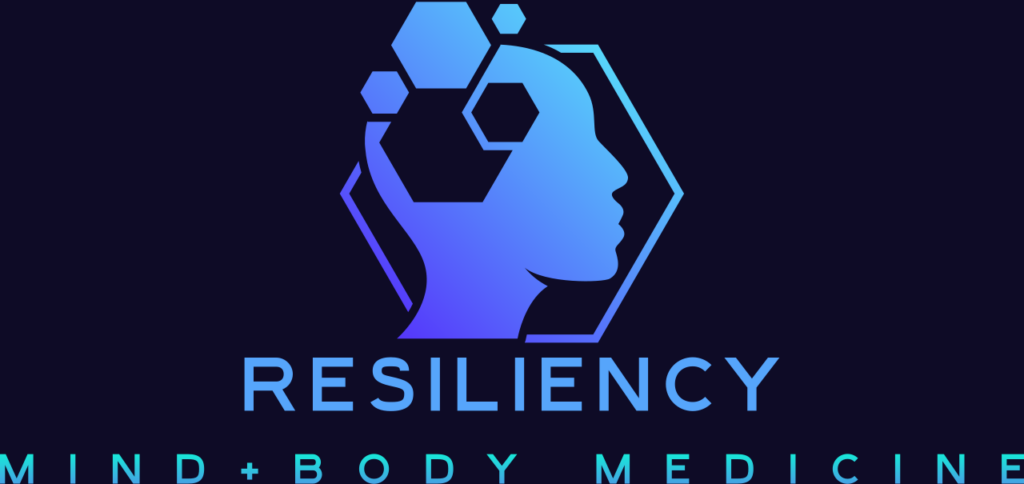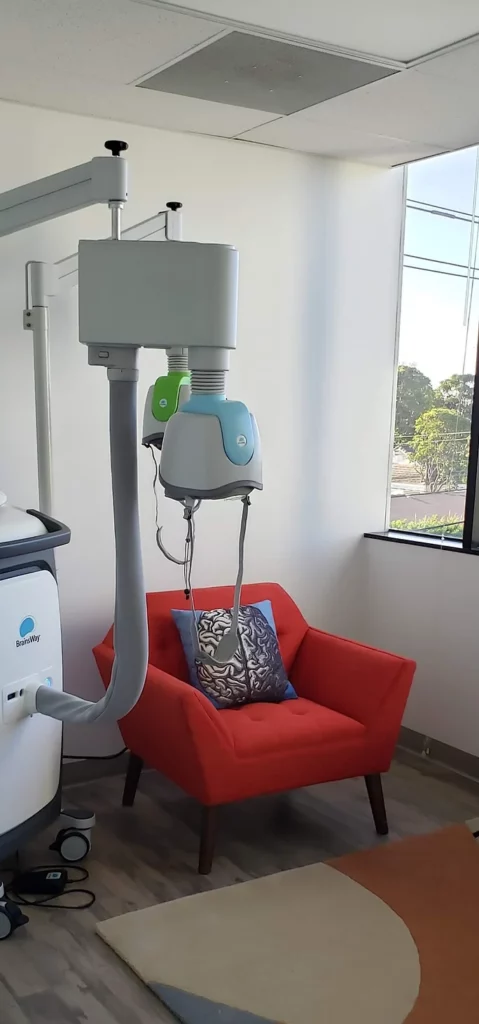In the realm of mental health, depression stands as a formidable adversary, casting a shadow over the lives of millions worldwide. While medication and therapy have long been the mainstays of treatment, they don’t always provide the relief individuals desperately seek. This is where innovative treatments like Transcranial Magnetic Stimulation (TMS) step in, offering a beacon of hope for those who have exhausted traditional options. However, accessing TMS, especially through insurance, involves navigating a labyrinth of requirements and considerations.
Understanding Depression and its Treatment Challenges
Depression is more than just feeling sad; it’s a complex mental health disorder that can significantly impair one’s ability to function in daily life. It affects not only mood but also sleep, appetite, and overall energy levels. For many, finding an effective treatment can be a frustrating journey marked by trial and error.
Traditional approaches often begin with medication trials, where various antidepressants are prescribed to alleviate symptoms. However, not everyone responds positively to these medications, and some may experience intolerable side effects. This process of trial and error can be disheartening, leading many individuals to lose hope in finding relief.
Enter Transcranial Magnetic Stimulation (TMS)
TMS offers a non-invasive, non-medication-based alternative for individuals with treatment-resistant depression. By using magnetic fields to stimulate nerve cells in the brain’s mood-regulating areas, TMS aims to alleviate symptoms and improve overall well-being. Unlike electroconvulsive therapy (ECT), TMS does not induce seizures and is generally well-tolerated.
One of the leading TMS technologies is Brainsway, which utilizes deep Transcranial Magnetic Stimulation (dTMS) to target broader and deeper brain regions compared to traditional TMS coils. This broader stimulation has shown promise in reaching areas implicated in depression, potentially leading to better outcomes for patients. Compared to traditional TMS, Brainsway Deep TMS sees response rates of 82% and Full Remission rates of 65% and higher.
Navigating Medicare Requirements for TMS
While TMS offers hope, accessing it through Medicare requires meeting specific criteria. However, this year CMS and Medicare announced that due to the significant treatment benefits seen with TMS in depression treatment, now only 1 failed medication trial is necessary, in addition to meeting depression severity criteria. There is hope that many other insurance companies follow suite to expand accessibility to this amazingly effective depression treatment.
Navigating Other Insurance Requirements for TMS
One key requirement is documenting a history of treatment-resistant depression, typically defined as having failed to respond to multiple medication trials. Most insurances typically requires at least 2 failed medication trials, though coverage policies may vary and some require as many as 4 failed trials of different types of antidepressant trials. Documentation of these failed trials is crucial for insurance reimbursement and may involve providing detailed records of medication regimens, treatment durations, and any adverse effects experienced. Additionally, patients may need to undergo a comprehensive psychiatric evaluation to assess their suitability for TMS treatment.
Recommendations for Seeking TMS Treatment
Navigating the maze of insurance requirements for TMS can be daunting, but it’s not insurmountable. For individuals considering TMS as a treatment option, here are some recommendations for seeking assistance through our psychiatry clinic at Resiliency Mind+Body Medicine:
- Consultation with a Psychiatrist: Begin by scheduling a consultation with one of our experienced psychiatrists. They can assess your symptoms, treatment history, and overall suitability for TMS therapy.
- Documentation of Treatment History: Be prepared to provide detailed documentation of your treatment history, including records of failed medication trials and any other relevant medical information.
- Insurance Verification: Our clinic can assist in verifying your insurance coverage, including Medicare and other insurance eligibility and any associated out-of-pocket costs.
- Personalized Treatment Plan: If deemed a suitable candidate for TMS, our team will work with you to develop a personalized treatment plan tailored to your needs and preferences.
- Bringing Hope to Life: With innovative technologies like Brainsway Deep TMS, we aim to bring hope to life for individuals struggling with depression. Our clinic is committed to providing compassionate care and supporting you on your journey towards mental wellness.
Conclusion
Depression is a formidable adversary, but it’s not one that individuals have to face alone. With advancements in treatment options like Transcranial Magnetic Stimulation, there is renewed hope for those who have struggled to find relief through traditional means. By understanding and navigating the requirements of Medicare and other insurances for TMS, individuals can take proactive steps towards reclaiming their mental health and well-being. At Resiliency Mind+Body Medicine, we stand ready to guide you on this journey, offering personalized care and support every step of the way.
Call us today: 949-996-5355
Email us: Info@resiliencymbmedicine.com



